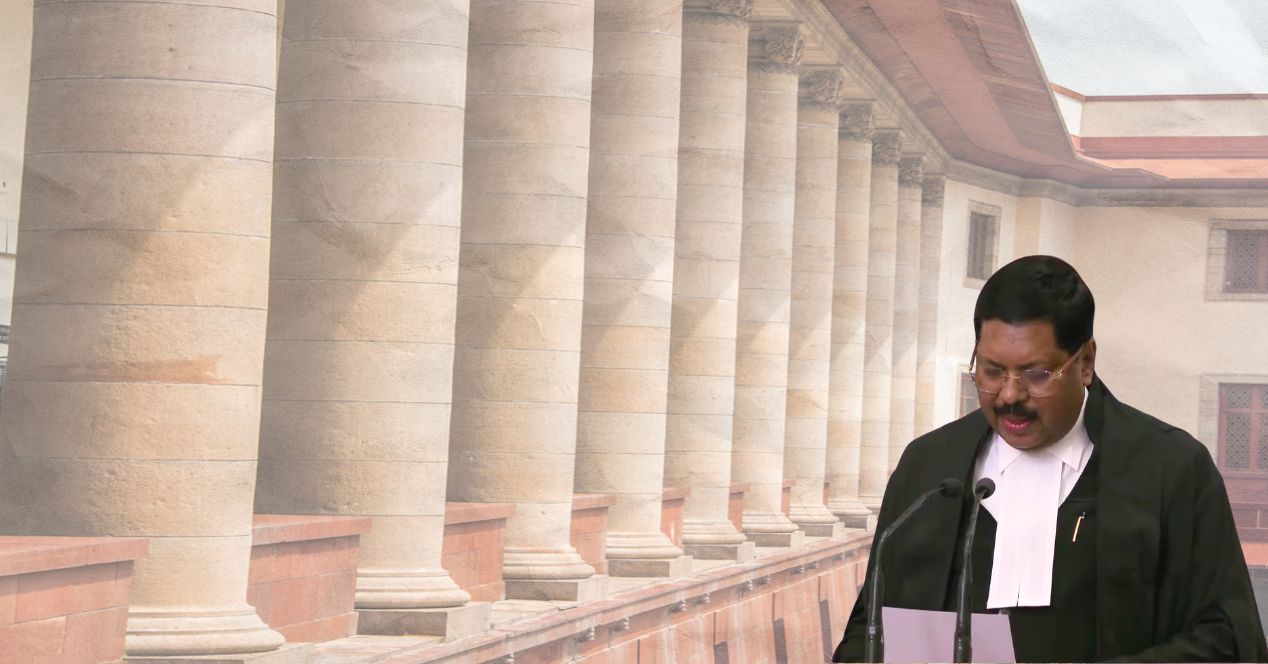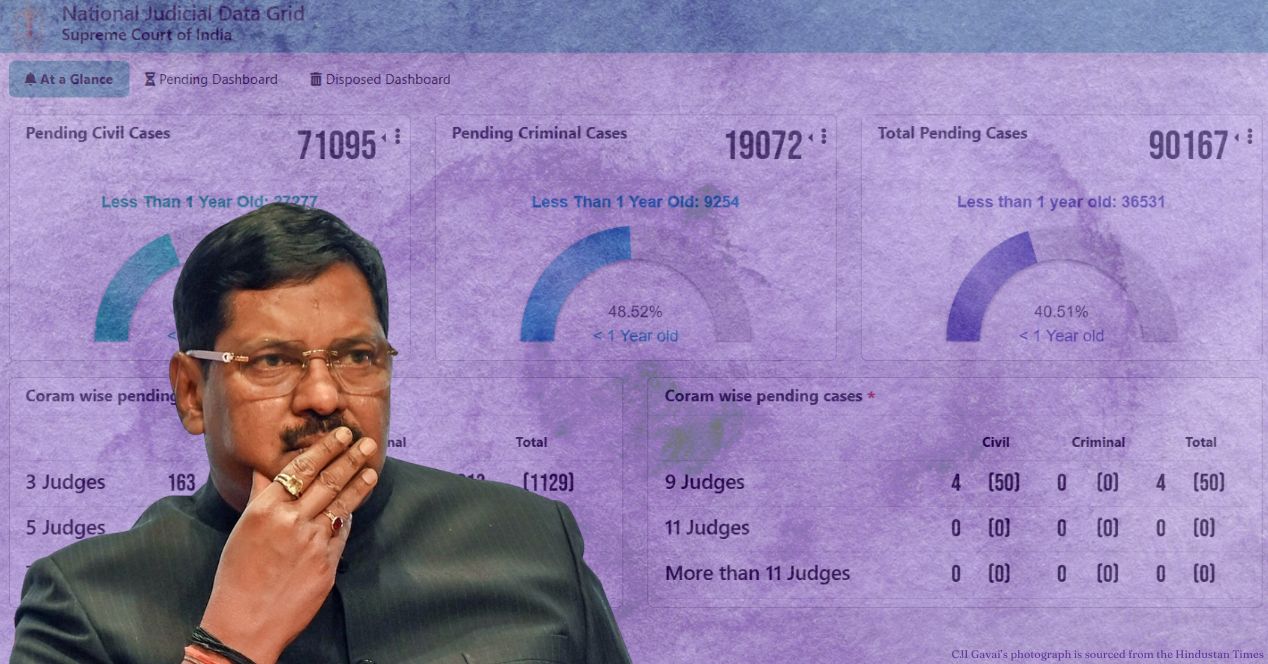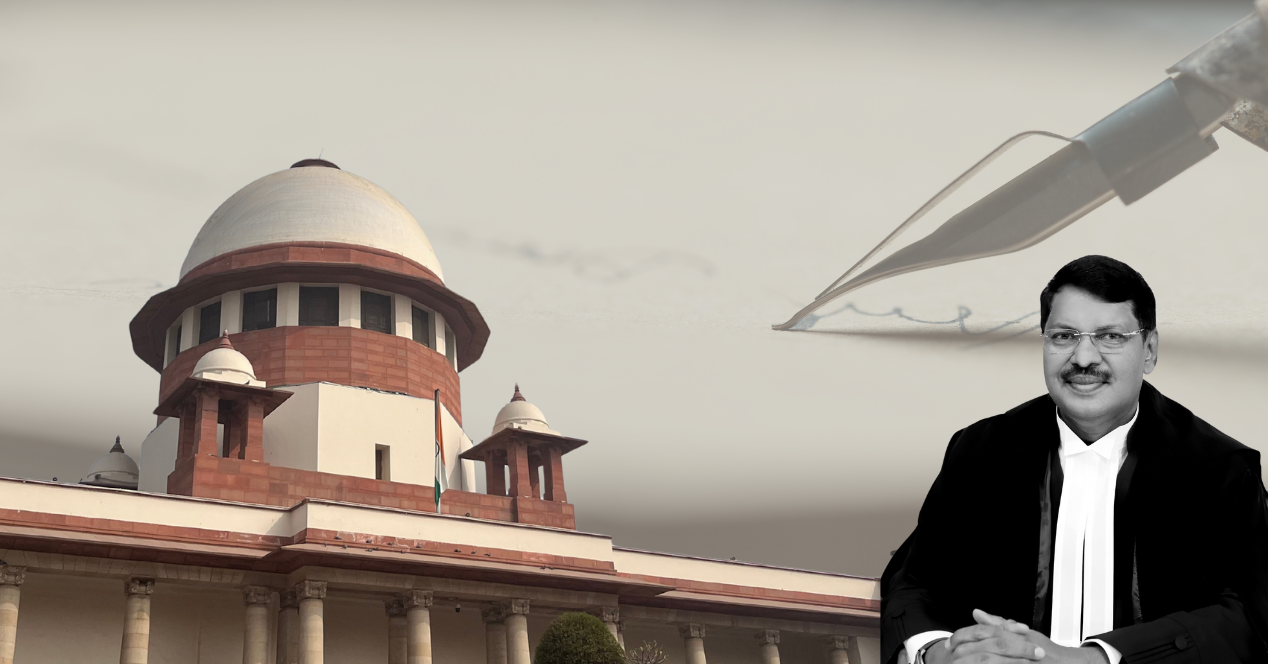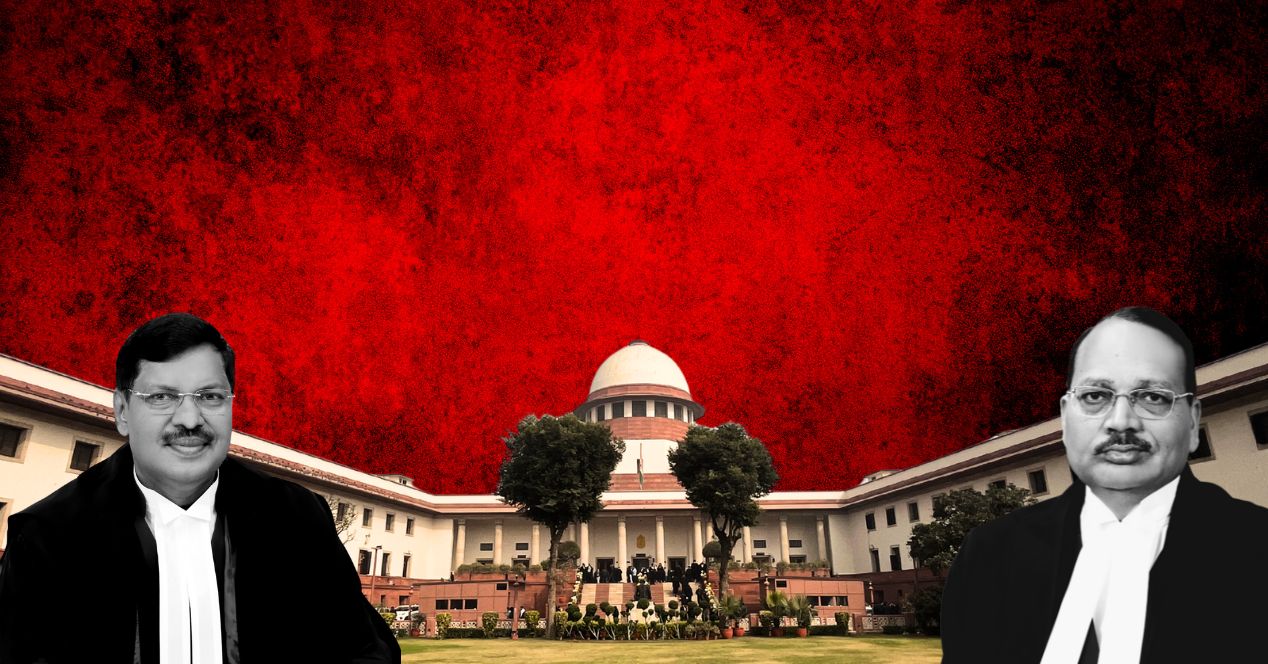Analysis
Justice Surya Kant takes oath as the 53rd Chief Justice of India
CJI Kant announced that his focus will be on clearing old Constitution Bench cases and reducing pendency
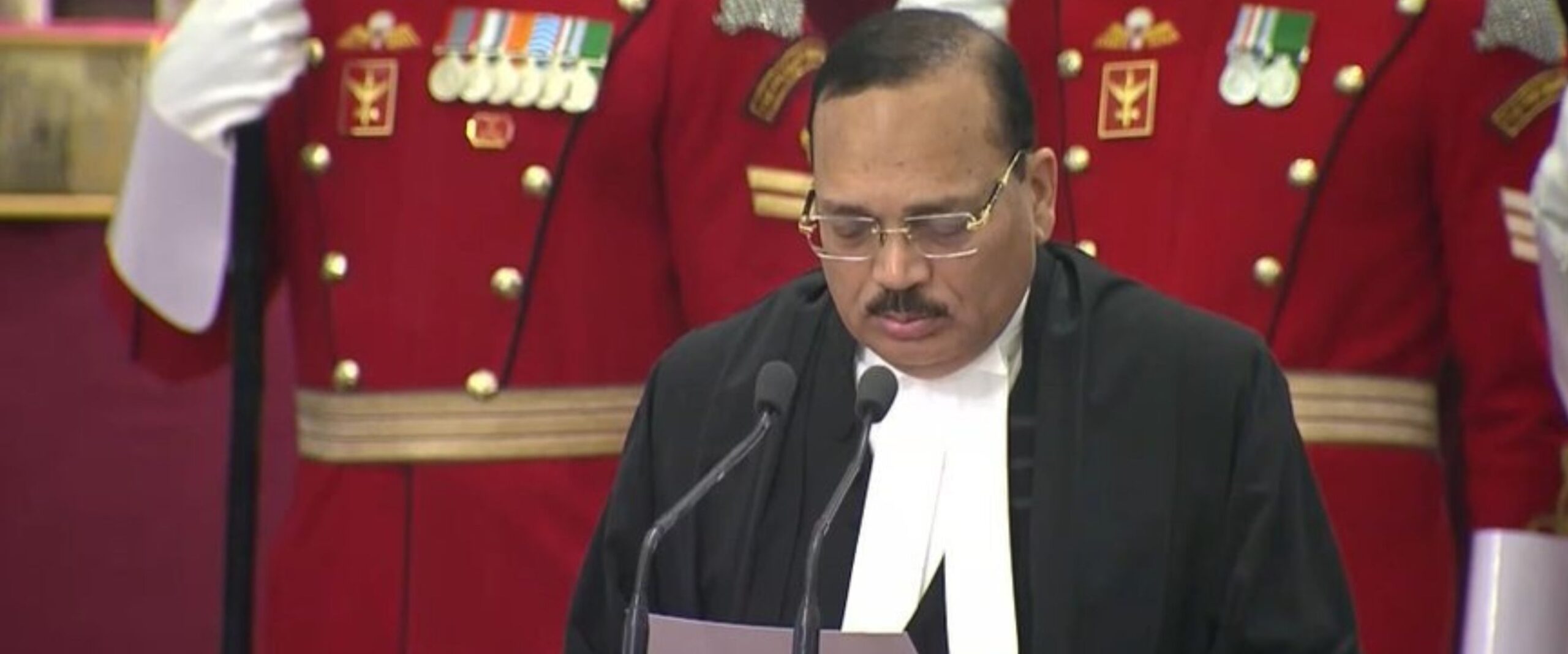
Justice Surya Kant took oath today as the Chief Justice of India. CJI Kant will serve a tenure of 14 months as the 53rd CJI and will retire in February 2027.
Prime Minister Narendra Modi, Home Minister Amit Shah, Defence Minister Rajnath Singh, Law Minister Arjun Ram Meghwal, were among the dignitaries in attendance at the oath taking ceremony today.
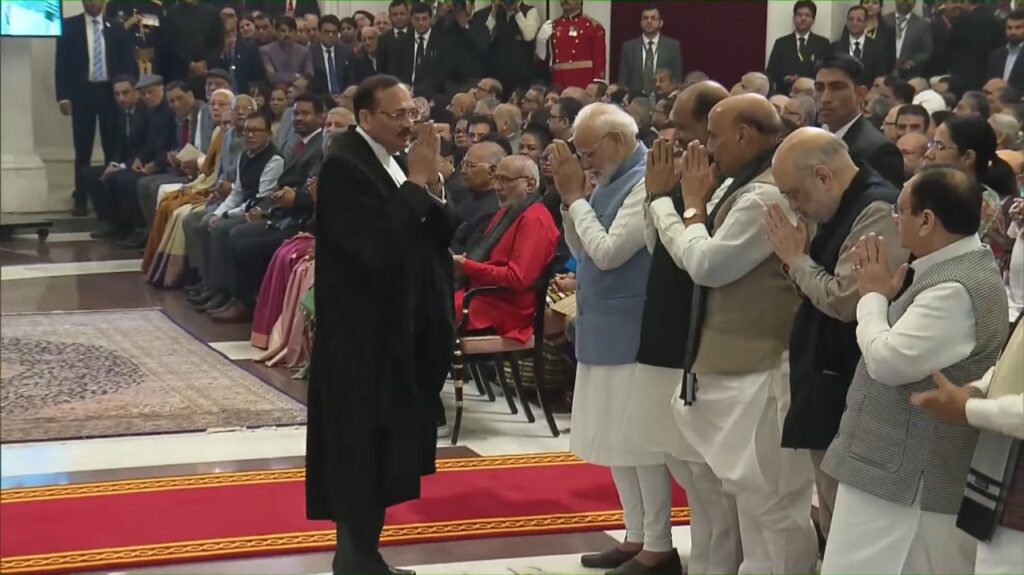
Who is CJI Surya Kant?
Surya Kant studied law at Maharshi Dayanand University in Rohtak and began practising in the Punjab & Haryana High Court in 1985. Over time, he served as Advocate General of Haryana, and in 2001, he was designated a Senior Advocate at the age of 39.
In 2004, he was appointed a judge of the Punjab & Haryana High Court. Later he became the Chief Justice of the Himachal Pradesh High Court on 3 October 2018.The move stirred some controversy, because Justice A.K. Goel had reportedly disagreed with the Collegium’s decision. Despite this, the Collegium proceeded, citing the importance of balanced representation from different high courts.
In 2019, he was elevated to the Supreme Court, with the Collegium emphasising that his appointment would help ensure that all high courts are adequately represented at the highest level.
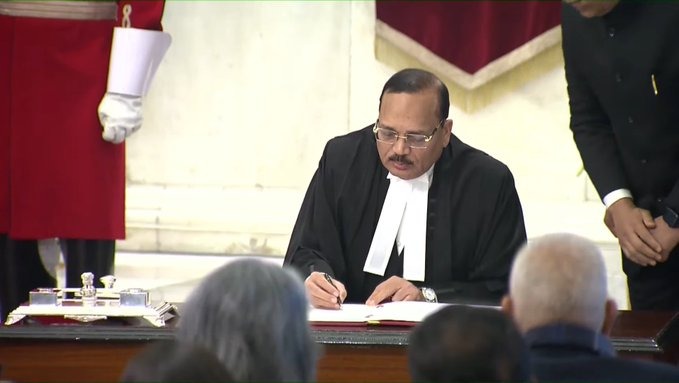
What are his priorities as CJI?
CJI Kant has openly acknowledged the huge backlog in the Supreme Court, noting that there are over 90,000 pending cases. He admitted that the reasons for growing pendency are complex, ranging from listing inefficiencies to deeper systemic problems.
He promised to take an active role in clearing long-stalled matters, especially those in lower courts that are linked to pending Supreme Court cases. “I will find those matters, and ensure benches are constituted and they are decided,” he said.
CJI Kant also pointed to the issue of a high number of cases being filed in the Supreme Court. Our assessment of pendency numbers as his predecessor CJI B.R. Gavai noted, the last six months have seen some of the most stark increases in the number of cases filed—jumping from around 4000-5000 cases a month to over 7000 cases. CJI Kant noted the rising trend of litigants bypassing high courts and going straight to the Supreme Court. In an informal gathering with journalists days before he took oath, he stated that he wants to examine what drives this trend and restore confidence in the district judiciary.
To address these challenges, CJI Kant plans to prioritise forming Constitution Benches to resolve significant legal questions that slow down decision-making. He also has a strong belief in the power of mediation: calling it “one of the easiest solutions which can be a game changer,” he expressed his desire for courts and government bodies to embrace this more fully.
CJI Kant will retire on 9 February 2027.

